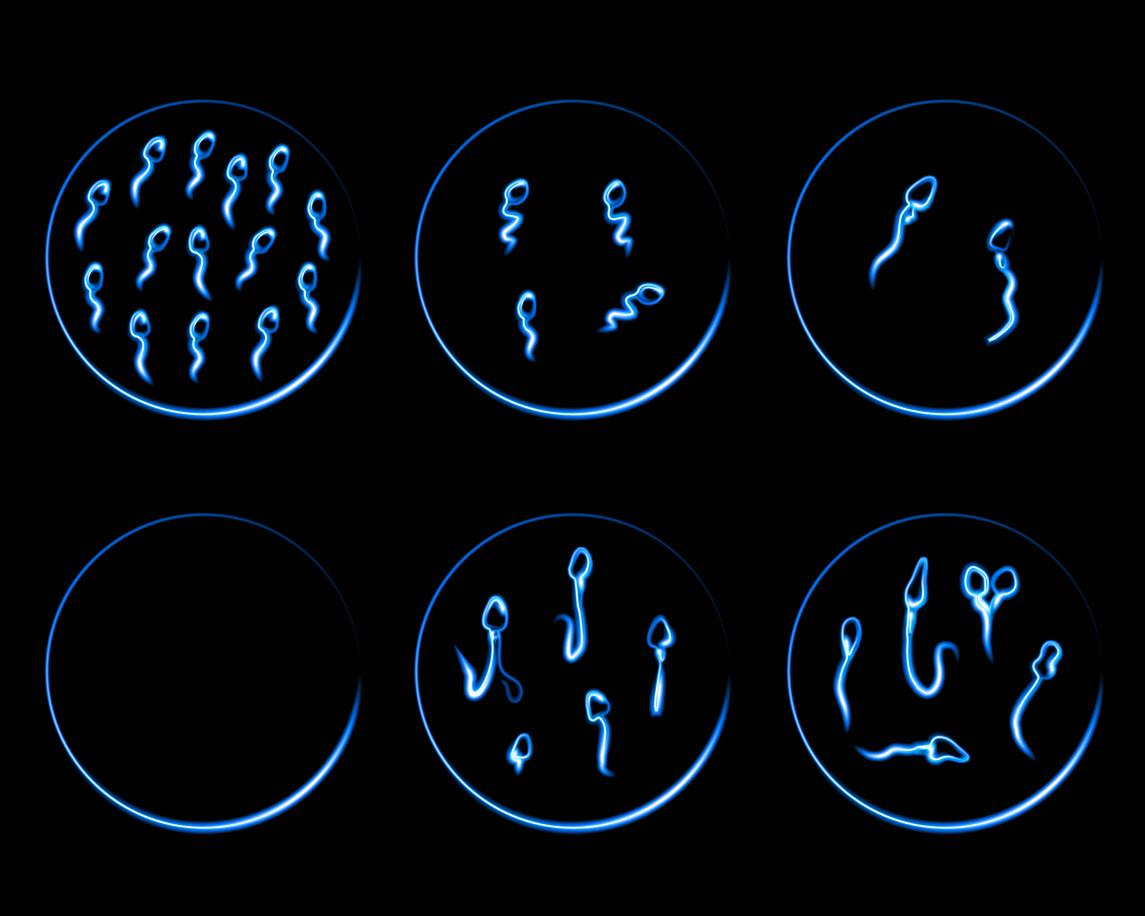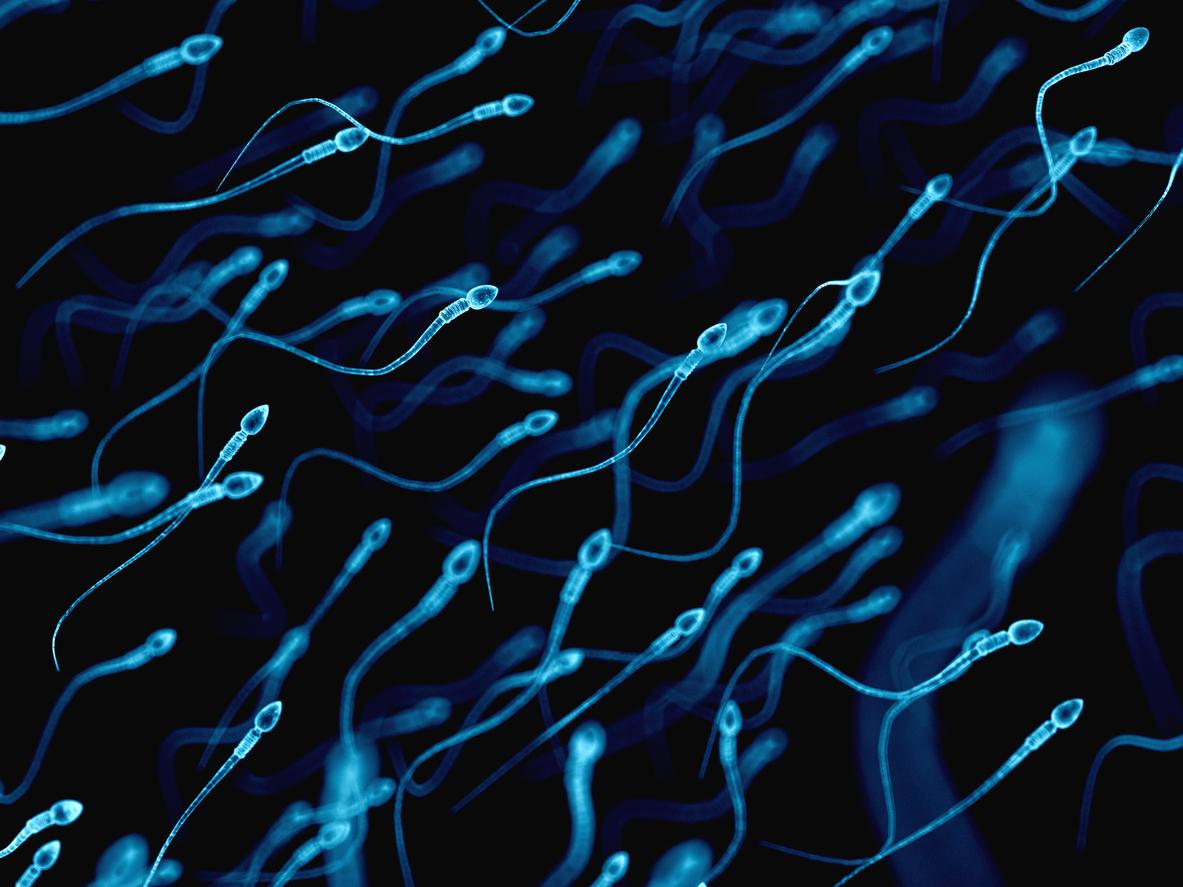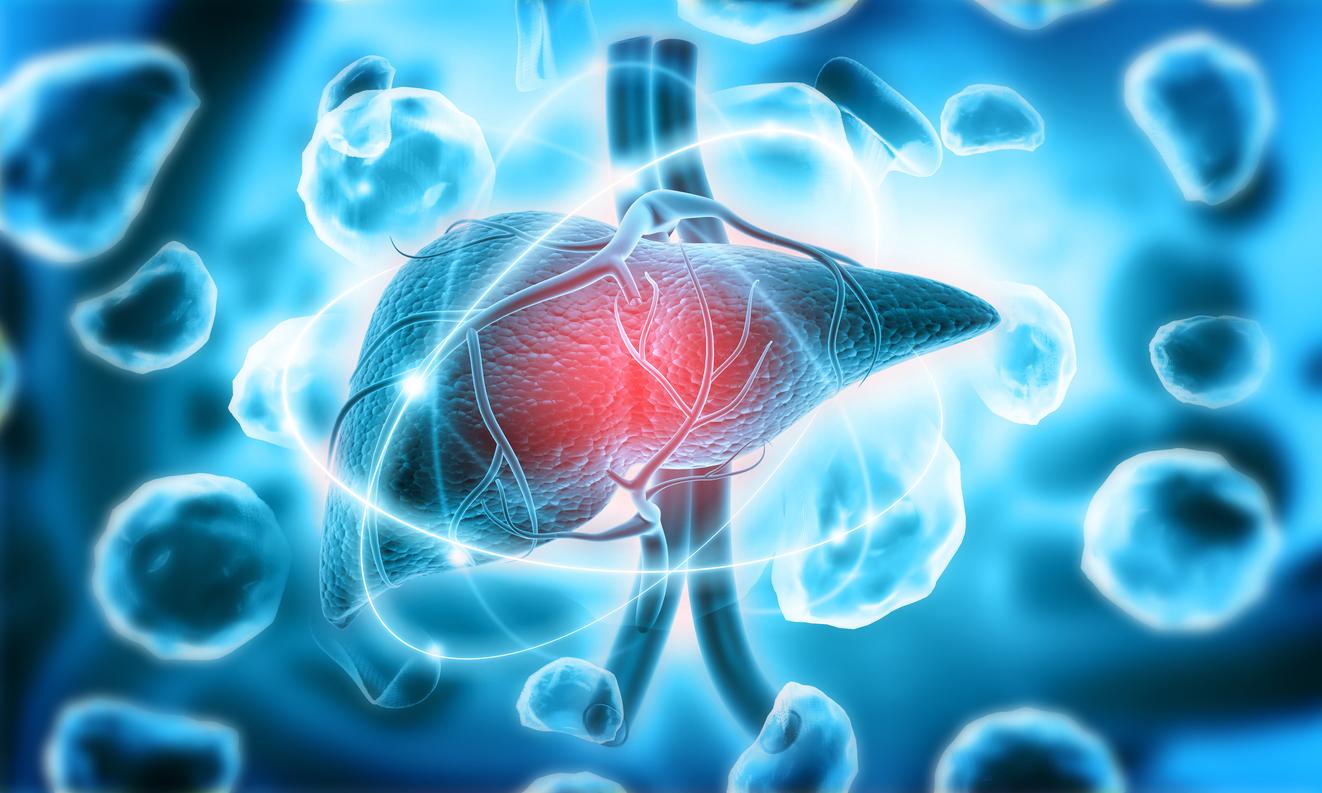Sperm quality may be better three months after a period of stress, according to a new study.

- According to a new study, stress improves sperm quality three months later.
- In previous months, however, there is no impact on sperm quality.
- This could explain the increase in post-Covid births.
After the Covid-19 crisis, French men and women have had more babies! This is demonstrated by the following figures: 738,000 babies were born in France in 2021, or 3,000 more births than the previous year, according to the site. Public life. A record year according to the National Institute of Statistics and Economic Studies (INSEE). Since then, births have fallen: 678,000 babies in 2023, then 48,000 fewer in 2022.
More births thanks to stress?
Is this record increase in births in 2021 due to an improvement in sperm quality? Yes, perhaps, thanks to the stress generated by the pandemic. In any case, this could be one of the hypotheses, according to the results of a study published in the journal Nature Communications.
To understand the impact of stress on sperm, researchers analyzed the sperm of 34 healthy men, aged 18 to 35. For two quarters, each month they had to answer a questionnaire measuring their stress and give a sperm sample.
Results: intense periods of stress had no impact on the quality or quantity of stress. One and two months later, there were still no repercussions… On the other hand, three months later, the scientists observed an improvement in the quality of the sperm. It was characterized by the fact that the sperm were much faster.
According to researchers, this could explain the rebound in births one year after Covid-19. In fact, sperm quality is better after three months. As a pregnancy lasts 9 months, there are more births a year later.
Stress and sperm quality:epididymis at the heart of the study
But why does stress impact sperm? The connection takes place in the epididymis, where sperm mature and are stored. To study it, scientists carried out experiments on mice into whom they injected the rodent equivalent of cortisol (the stress hormone in humans): corticosterone. Thus, they observed several metabolic upheavals, one of the consequences of which was the drop in energy in the cells of the epididymis.
More specifically, they studied the extracellular vesicles secreted by the epididymis. They contain proteins and molecules that are transported to the sperm. The latter among others are known to have the capacity to modify their maturation.
As part of this experiment, the team placed extracellular vesicles (from a epididymis subjected to stress) in contact with sperm from mice that had not received corticosterone injections. She then noticed that the sperm were faster. This therefore means that the consequences of stress have an impact on sperm quality.
“This can be beneficial from an evolutionary point of view, because it would increase the birth rate, particularly after difficult periods like those we experienced during the COVID-19 pandemic. [la] Covid”, underlines Tracy Bale, one of the authors of the study, in a press release.
In France, the total fertility indicator is 1.68 children per woman in 2023, while it was 1.79 in 2022 and 1.83 in 2021, according to INSEE.

















